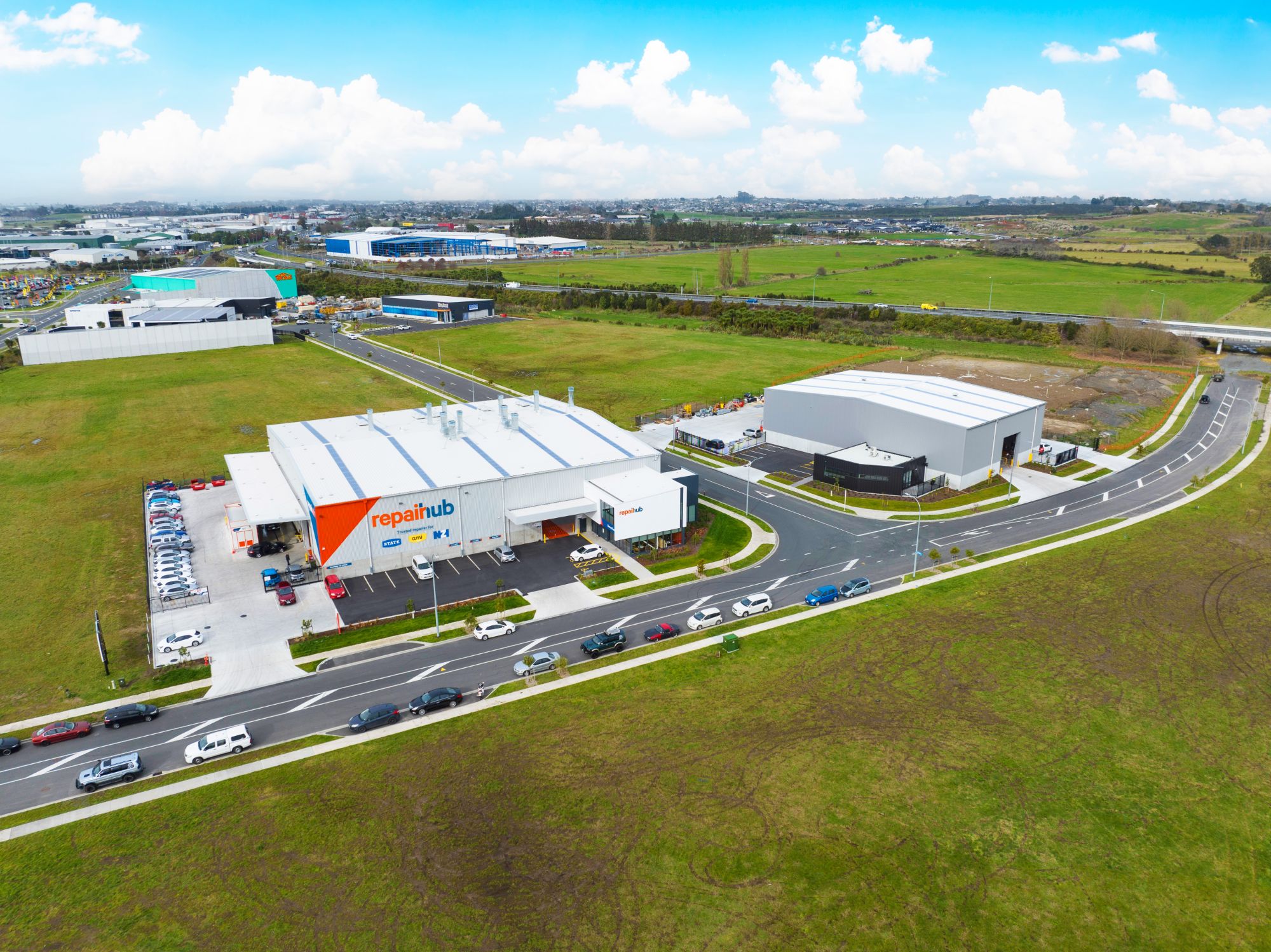The current community health and economic climate are well-documented and mostly focused on bad news. Issues related to the current pandemic and the official recession are fact-driven but are a point in time and retrospective to some extent.
There is also a lot of commentary around possible negative impacts on the commercial real estate market, however, more of this is about the acceleration of trends, rather than new and totally unexpected change.
As a commercial property management company, NAI Harcourts is at the sharp end to observe this change. The aggregation of all of our clients’ property information is a good barometer for what is happening in Auckland. Managing over 200 properties here from our office, we see all sides of the equation; consumer behaviour, tenant’s businesses and landlord’s actions and responses related to existing tenants and new leases.
Sector by sector and region by sub-region, the Auckland market from a landlord’s perspective is all different and not one general statement is possible to sum up the current market. There is widespread disparity from very negative to very positive in terms of business income and profitability for tenants. Some businesses have done really well because they have benefited from changes in business and consumer spending trends such as home improvement, vehicle sales, some food and hospitality businesses, home and office supplies, and technology. Yes, many businesses have suffered a big decline in patronage and turnover in the general retail merchandise and hospitality sectors in particular, but will this continue and what is being done to address this loss of income by tenants?
An observation over the past six months is that many tenants have a tendency to go to their landlord for financial support as a first option. Running a bad business or not adapting to the market is no excuse to come to the landlord with cap in hand. Businesses that are poorly run, poorly funded or just plainly a business that has not adapted or refreshed itself or not offered multi-platform interaction with clients and customers cannot look for blame outside their own business. Landlords on the whole have supported their tenants during this past 6 months with rent relief to counter the impact of the pandemic on their business but it is not one size fits all. Our advice on tenant support is to treat it on a case-by-case basis. The tricky path to navigate is the distinction between supporting a current tenant that has been affected by the current climate and likely future market to avoid vacancy. A note of caution here is to recognise if the tenant’s business has a future and is worth supporting past the lockdown periods and not to defer only the inevitable closure.
On the theme of change, undoubtedly there are macro trends such as a reduction in retail foot traffic and in-store spend and less demand for office space in high-rent CBD and city fringe locations – again well-documented. The driver of future success for tenants is to adapt and make material changes. ‘More of the same’ for many businesses will not work.
Accelerated changes in markets, the reality of no international tourists and international students is a certainty, but what about the pent up demand for leisure and recreation from local Kiwis or the shifts in spending by businesses and consumers that are positive?
New leases are being negotiated and landlords with foresight are identifying tenants whose business is seen as worth supporting. It is not all bad news, think of it as fast-forwarding trends, and as a landlord, consider the medium term future where decision must be made as to which tenants are worth supporting or if not, then what new tenants are available and what new lease terms may be applicable.
Keeping up to date with the market is vital. Connecting with active leasing agents who can promote your property to new tenants will provide you with options and limit the vacancies.




